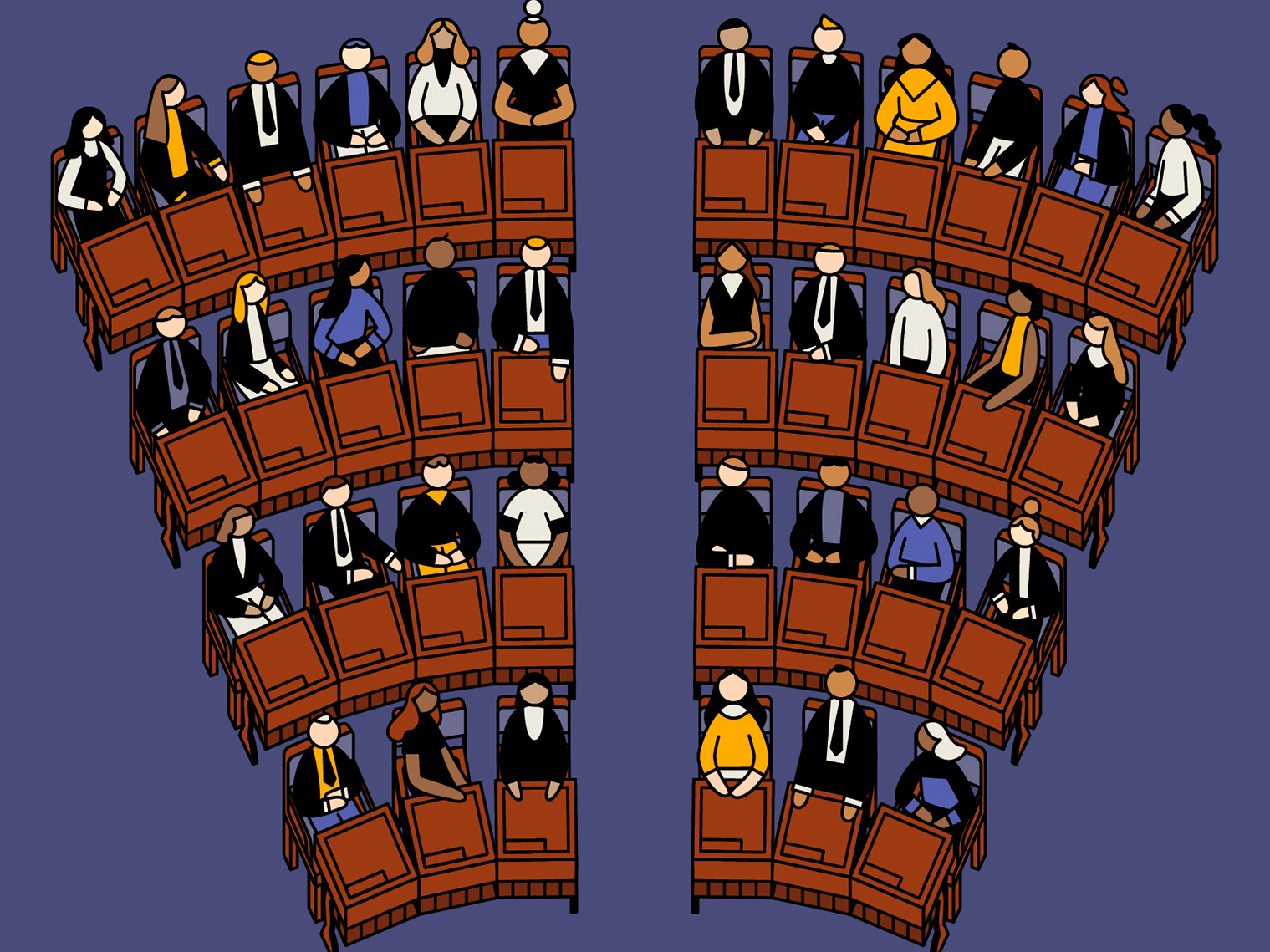Regimes inadequately propagate cultural inclusion
Professor Luisa Farah Schwartzman identifies systematic defects in state cultural inclusion policies through her research.
Through the 20th century, society saw groundbreaking technological advancements, with day-to-day life being redefined towards the end of the century. While many aspects of society improved significantly, equality and cultural inclusion are among the several issues that remain prevalent problems today.
As we entered the 21st century, increased empowerment and diversity were themes embedded in our understanding of the new world. This has given marginalized groups the resources and opening to demand their rights. To this end, many governments began pursuing multiculturalism, a term defined as diversity within society, whose actual definition may not be as ingenuous.
“Multiculturalism and racial democracy are both national [and] nationalist projects that were created post-World War 2 when the elites of the world had to reinvent themselves and step away from scientific racism,” says Luisa Farah Schwartzman, an Assistant Professor in the Sociology Department at the University of Toronto Mississauga (UTM). She explains that while racial discrimination and ethnical racism became taboo, privileged individuals simply reframed racism by introducing the innocent name of “multiculturalism” to their actions.
Schwartzman published a paper on January 20, 2021, that delved deep into the implications of contemporary politics on the inequalities faced by minorities.
As someone who grew up in Brazil, Schwartzman witnessed the prevalence of inequality, which she initially did not attribute to race. After living in the United States, where racial discrimination was a widely discussed topic, Schwartzman started looking into race’s role in inequality. From her research, she realized that politics also play a significant role in perpetuating these injustices. For example, many governments inadvertently or deliberately label people when implementing policies that seek to promote cultural inclusion. She explains that this classification causes states to “reproduce racial inequalities in efforts to dismantle those very things.” For this reason, Schwartzman’s current research focuses on a multi-perspective analysis of the relationship between the state and social inequality.
“In Brazil, people have talked more about class, and in Canada, it’s language and religion, so there lies the difference. But in all places, there is a racial and colonial logic behind inequality,” says Schwartzman. Racism will always be a factor driving inequality.
A country’s historical events largely shape the policies that a regime implements and inform the way its people perceive the idea of cultural inclusion. This explains the distinction of Brazilians’ and Canadians’ discussions on inequality.
“There was the idea of civilization, that these bigger groups were more civilized. It’s a colonial idea that we still have today. We now believe that minorities have culture—not the dominant groups of white people and settler colonies,” says Schwartzman. She also holds that the modern distinction between people who have civilization and people who have culture is a western belief.
“If you paint [cultures and peoples] to be barbaric and present the solution as civilization, you perpetuate archaic ideas of classification and race,” continues Schwartzman, stating that the Western idea of “civilization” is confining and backwards.
Many countries also put inadequate effort in promoting diversity by once again utilizing derogatory labels.
Likewise, Schwartzman remarks that when announcing initiatives for cultural inclusivity, various states use words with negative connotations. Improper terminology may hint at the state’s questionable dedication to encouraging cultural appreciation. Specifically relating to Canada, Schwartzman shares: “The idea that a settler nation is in a position to tolerate people indigenous to that land doesn’t make sense, and I think indigenous people in Brazil would say the same because it is a settler state as well.”
The Canadian government, among many others, recognizes the importance of raising awareness for different ethnic cultures. To this end, Schwartzman observes that notable initiatives focusing on creating an inclusive society include heritage months only for select communities. She adds that the education system teaches students about slavery and Residential Schools in an attempt to further promote cultural appreciation. “But it isn’t enough to learn only the dark histories,” she explains. “It is important to learn education in ways that draw away from Eurocentrism; an education that gets us thinking about the creation of our modern world.”
Additionally, historical events dictate that the Canadian government has systematically oppressed and discriminated Indigenous Peoples, which is engrained in Canada’s identity. To truly embrace all cultures and peoples, Canada must transcend its identity as a settler state.
Regardless, any substantial change to inequality starts with each individual citizen. When bringing up culture, it is important to truly comprehend its intricacies and ensure that people identifying with the culture have offered their consent.
However, Schwartzman acknowledges that grasping the full picture of a culture is difficult when it has suffered from cultural appropriation and oppression. “You must be perceptive of meaning. Sometimes because of dynamics of power within society, certain aspects of different cultures, objects and practices are kept from being adopted by outside parties for purposes of protection and preservation,” concludes Schwartzman.


